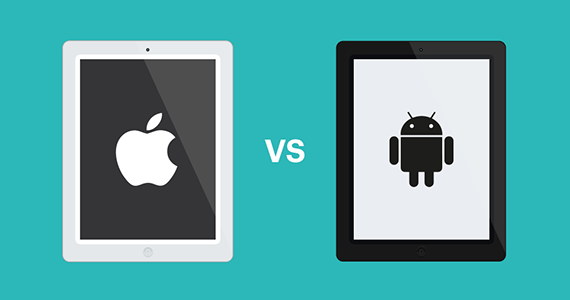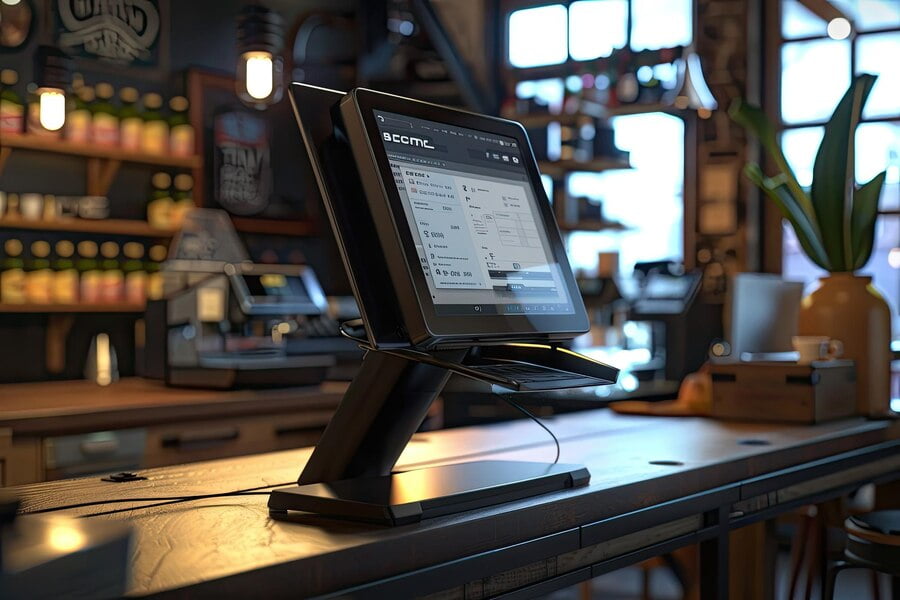The Pros and Cons of Free vs. Paid POS Systems

In today’s fast-paced business environment, the right Point of Sale (POS) system can make all the difference in how efficiently a business operates. From small businesses to large enterprises, choosing between a free or paid POS system is a critical decision. Each option comes with its own set of advantages and disadvantages, making it essential to weigh them carefully before making a choice.
The Pros of Free POS Systems
- Cost-Effective
The most obvious benefit of a free POS system is its cost. For small businesses, startups, or those with tight budgets, a free POS system offers an opportunity to access essential tools without the financial burden. This can be especially beneficial for businesses in their early stages, where every dollar saved can be reinvested in other crucial areas. - No Commitment
Free POS systems often come with no long-term contracts or commitments, allowing businesses to experiment and test the software without being locked into a service. This flexibility can be advantageous for businesses that are still determining their specific needs or are wary of making a substantial financial investment upfront. - Basic Features
Many free POS systems provide the basic features necessary to run a business, such as sales tracking, inventory management, and customer data collection. For businesses with straightforward needs, these basic features might be sufficient to manage day-to-day operations. - Ease of Use
Free POS systems are typically designed to be user-friendly, with simple interfaces that are easy to navigate. This simplicity can reduce the learning curve for staff, making it easier to integrate the system into daily operations.
The Cons of Free POS Systems
- Limited Functionality
While free POS systems offer essential features, they often lack the advanced tools that paid systems provide. This can be a significant drawback for businesses with more complex needs, such as multi-location management, detailed analytics, or integrations with other business software. - Scalability Issues
As a business grows, its needs often become more sophisticated. Free POS systems may not scale well with a growing business, leading to potential inefficiencies and the need to switch to a more robust solution later on. This transition can be time-consuming and may result in data loss or operational disruptions. - Lack of Support
Free POS systems typically offer limited customer support. While paid systems often provide 24/7 customer service, free options may leave businesses to troubleshoot issues on their own. This lack of support can be particularly challenging if technical problems arise during peak business hours. - Hidden Costs
While the software itself might be free, there can be hidden costs associated with free POS systems. For example, businesses might need to purchase specific hardware, pay for add-ons, or deal with transaction fees that can add up over time.
Read also: Innovative POS system Trends to Watch in 2024
The Pros of Paid POS Systems
- Comprehensive Features
Paid POS systems are designed to offer a wide range of features that cater to the specific needs of different industries. From advanced reporting and analytics to employee management and loyalty programs, these systems provide the tools necessary for businesses to operate efficiently and grow. - Scalability
One of the significant advantages of paid POS systems is their ability to scale with your business. Whether you’re opening new locations, expanding your product line, or increasing your customer base, paid systems are typically designed to handle growth without compromising performance. - Reliable Support
Paid POS systems usually come with robust customer support options, including 24/7 assistance, dedicated account managers, and extensive knowledge bases. This support can be invaluable in resolving issues quickly and minimizing downtime, ensuring that your business runs smoothly. - Customization and Integration
Paid POS systems often offer customization options and integrations with other business tools, such as accounting software, CRM systems, and eCommerce platforms. This ability to tailor the system to your specific needs can significantly enhance your business operations and streamline workflows.
The Cons of Paid POS Systems
- Cost
The most significant drawback of a paid POS system is its cost. Subscription fees, transaction fees, and hardware costs can add up, making it a substantial investment. For small businesses or those with limited budgets, this cost may be prohibitive. - Complexity
Paid POS systems, while offering more features, can also be more complex to set up and use. The initial implementation may require training for staff and time to adjust to the new system. This complexity can be a barrier for businesses that need a quick and simple solution. - Commitment
Many paid POS systems require long-term contracts or commitments. This can be a disadvantage for businesses that are uncertain about their future needs or prefer flexibility in their software choices. Being locked into a contract can make it difficult to switch systems if your needs change.
Conclusion
Choosing between a free and paid POS system depends largely on your business’s specific needs, budget, and future growth plans. Free POS systems can be a good starting point for small businesses or those with limited budgets, offering essential features without the financial commitment. However, as your business grows and your needs become more complex, a paid POS system may provide the advanced features, scalability, and support necessary to ensure continued success.
Carefully evaluating the pros and cons of each option will help you make an informed decision that aligns with your business goals and resources. Whether you opt for a free or paid POS system, the key is to choose a solution that supports your business’s unique needs and positions you for future growth.
Visit our site at www.dibtech.com.au
Visit our YouTube channel for tutorials Dibtech






